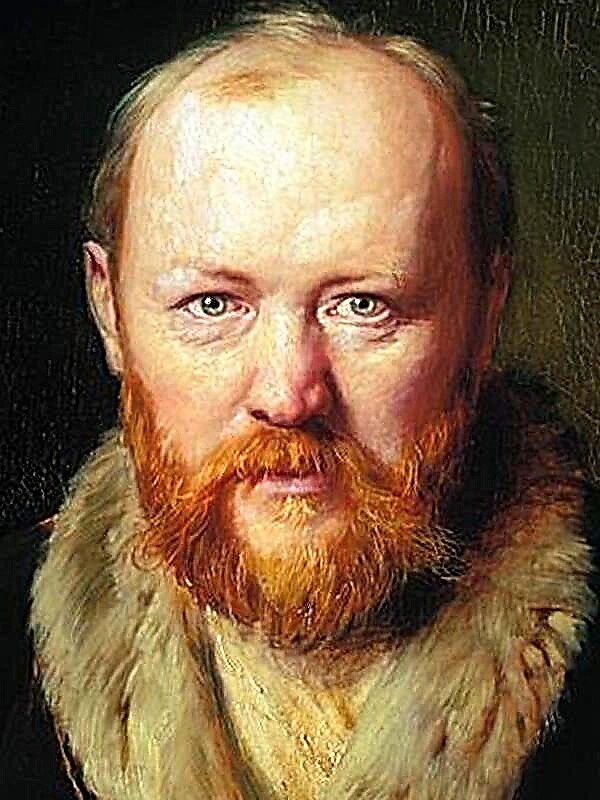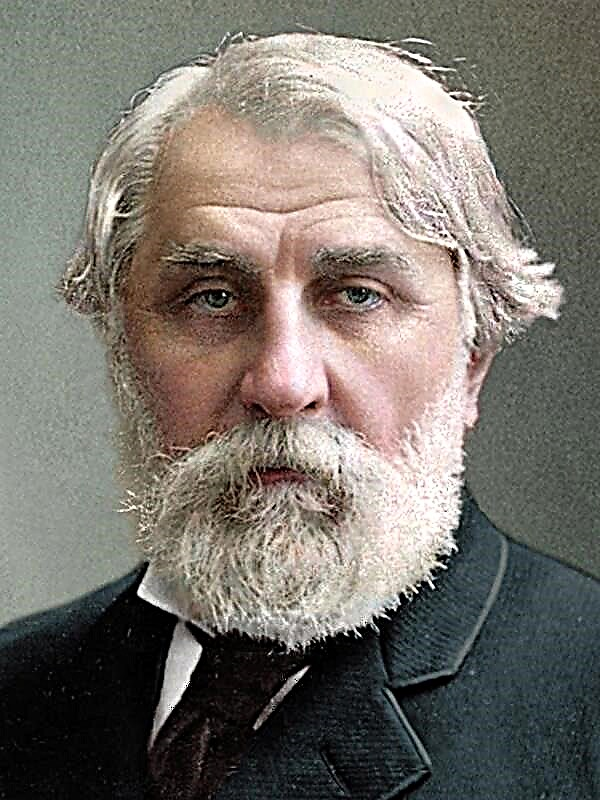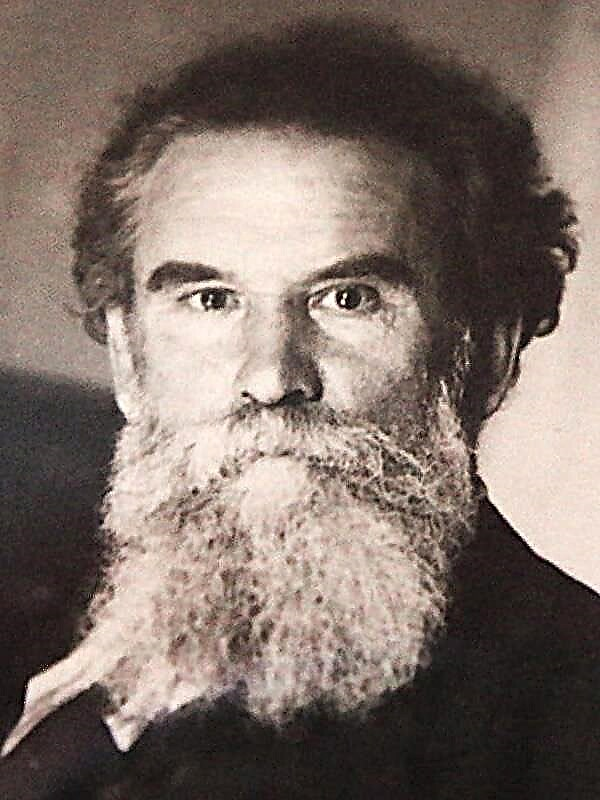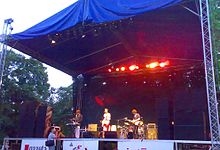The poet of the golden age of Russian poetry, Fyodor Ivanovich Tyutchev, looked at nature through the prism of philosophy, masterfully transferring the mystical versatility of landscapes into textual form. The poem "Spring Thunderstorm" has become a kind of canon depicting natural phenomena. This deep conceptuality is present in it, harmoniously woven into the images generated, perhaps, by the most inspiring time of the year.
History of creation
This lyrical work has an interesting fate: having appeared in a foreign land, but singing the charm of the Russian spring, it arose in the minds of a young diplomat and was reborn after a quarter of a century. Fyodor Ivanovich wrote The Spring Thunderstorm, while in Germany in the diplomatic service in 1828. At that time, the poet was only 25 years old, however, even in another country, he so vividly and accurately described the splendor of Russian nature, as if he had seen it all personally.
The work first appeared in the Moscow journal Galatea. However, the most amazing thing is that Tyutchev again turned to this poem in 1854, after 26 years, rewriting the initial quatrain and supplementing it with the second.
Genre, direction and size
"Spring Thunderstorm" is a lyrical work, it is capacious, melodic and elegant, an extensive palette of moods has been concentrated in it, here one can feel both power, lightness and playfulness. Such dynamism is unusual for landscape lyrics.
It is interesting how the pace increases as you read the poem, the intonation changes. This is achieved due to the poetic size - four-foot iamba and cross rhyming.
The meaning of the name
At first glance, the name of the poem is understandable and unambiguous, however, Tyutchev entitled this work not just a “thunderstorm,” but emphasized that this phenomenon refers specifically to the spring period, and this is a very important detail that reveals the poet’s underlying concept.
After a harsh and merciless winter, finally awakening sets in, changes take place, everything is updated, a new beginning for life is being laid. And the first spring thunderstorms are the harbingers of this nascent force that brings joy. The mood of the poem can be understood allegorically: it is felt by every person on the threshold of impressive change.
Images and Symbols
This poem appears to the reader in the form of the feelings of a lyrical hero expressing them in a monologue, he informs us about the hidden symbols inherent in nature, namely, in the spring thunderstorm. This is the most vivid and dominant image of the work. It is interesting that the author extols and glorifies this phenomenon, endowing it not just with human qualities, but with some divine power, which is clearly visible in the final stanza, where heroes from the mythology of Ancient Greece appear.
The triumph of the union of man and nature is a key philosophical subtext in this work. One can draw a parallel in the manifestation of the playfulness inherent in natural phenomena, and human youth, youthful times, not without reason the first spring thunderstorm was the carelessness and frivolity of the goddess of youth Hebe, the daughter of Zeus - the god of thunder and lightning.
The lyrical hero communicates with the outside world, sending him news through peals of thunder, birdsong, rays of light, noisy streams of streams, cool raindrops.
Themes and mood
The main theme of Spring Thunder lies in the name itself. In addition, there is a philosophical subtext - the unity of nature and man, the identification of the world of inner and surrounding reality.
Cheerfulness is the quintessence of the mood of the poem. The triumph of spring bursting with noisy thunder into a gloomy world, into the ossified souls of people with the aim of reviving and healing what was destroyed by cold, hardships and tribulations. Each line of the poem as if shouts to us: “Live! Rejoice every day! Strive forward! You have so many years to go! ”
Tyutchev's poem is a warm balm that warms an icy heart, a vivid motive of restless sounds, a call for change, an incentive to go forward and enjoy moments of a powerful storm rising in the soul.
Idea
In Tyutchev’s poem, two parallel worlds, real and ideal, coexist side by side and find echoes of each other in the manifestation of their energy. The interweaving of these principles gives rise to a new element. Here the idea is obvious - to capture a living picture, sounding in unison with the inner "I", his desires, his dreams, impulses, aspirations and state of mind. Spring storm is a reflection of the experiences and hopes of the lyrical hero. He awaits change and rejoices in their messenger - thunder, changing everything around.
The author showed that the indestructible connection of nature and man gives rise to world harmony. The spring landscape appears before our eyes as something fleeting, changing every moment, but at the same time it froze for centuries, so that descendants can see that first and captivating Tyutchevsky thunderstorm, which can stir up hidden feelings, revive youth, carelessness, joy in memory. The poem makes one think about a person’s place in this huge, raging and uncontrollable world.
Means of artistic expression
Poems abound in literary devices and means of expression, which gives him a special sound. The poet uses alliteration, a catchy combination of the sounds "r" and "p", due to this we seem to hear thunderous rumbles, bubbling gum. A significant role in the perception of a work is played by epithets, which serve as a trigger for fantasy, for example, bright flashes of scenes replace each other in the reader's mind: “spring, first thunder”, “young peals”, “rain pearls”, “agile stream”, “ thundering goblet. " In addition, the poet uses the metaphor "the sun of the thread is golden." The identification of man and nature is achieved by means of personification: “A stream of agile runs from the mountain”, “And the din of the forest and the noise of the mountains - / Everything is echoed cheerfully by thunder”. Inversion here enhances the effect of randomness of phenomena: “agile stream”, “forest din”, “upland noise”.
Everyone from an early age is familiar with this incredible work - light, fun and deep at the same time, captivating from the first lines. "Spring Thunderstorm" is the pearl of Russian landscape lyrics.












